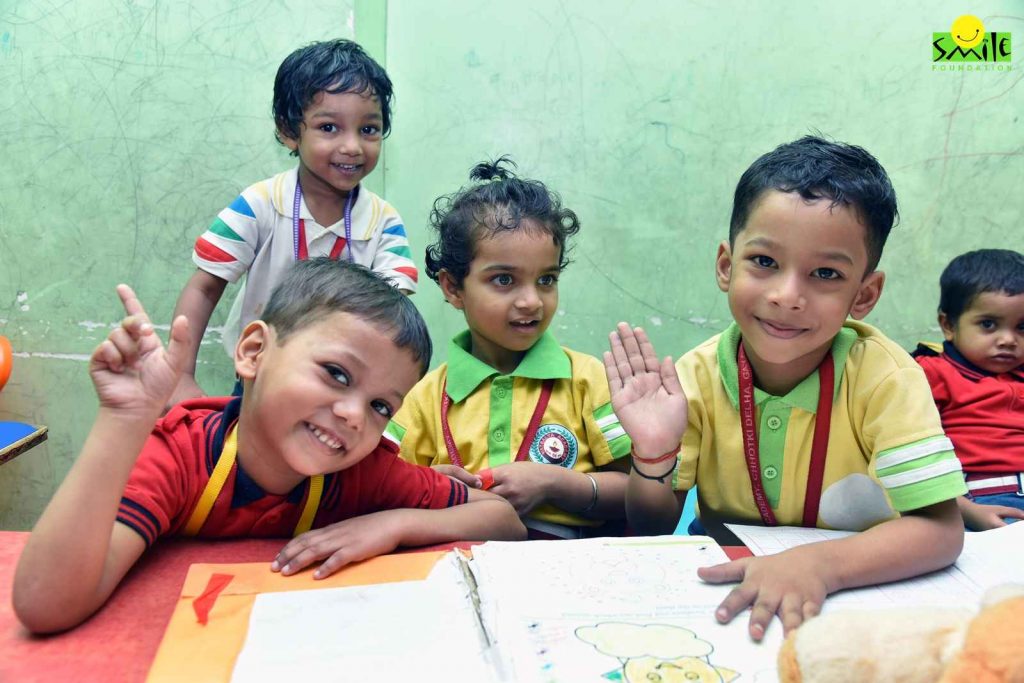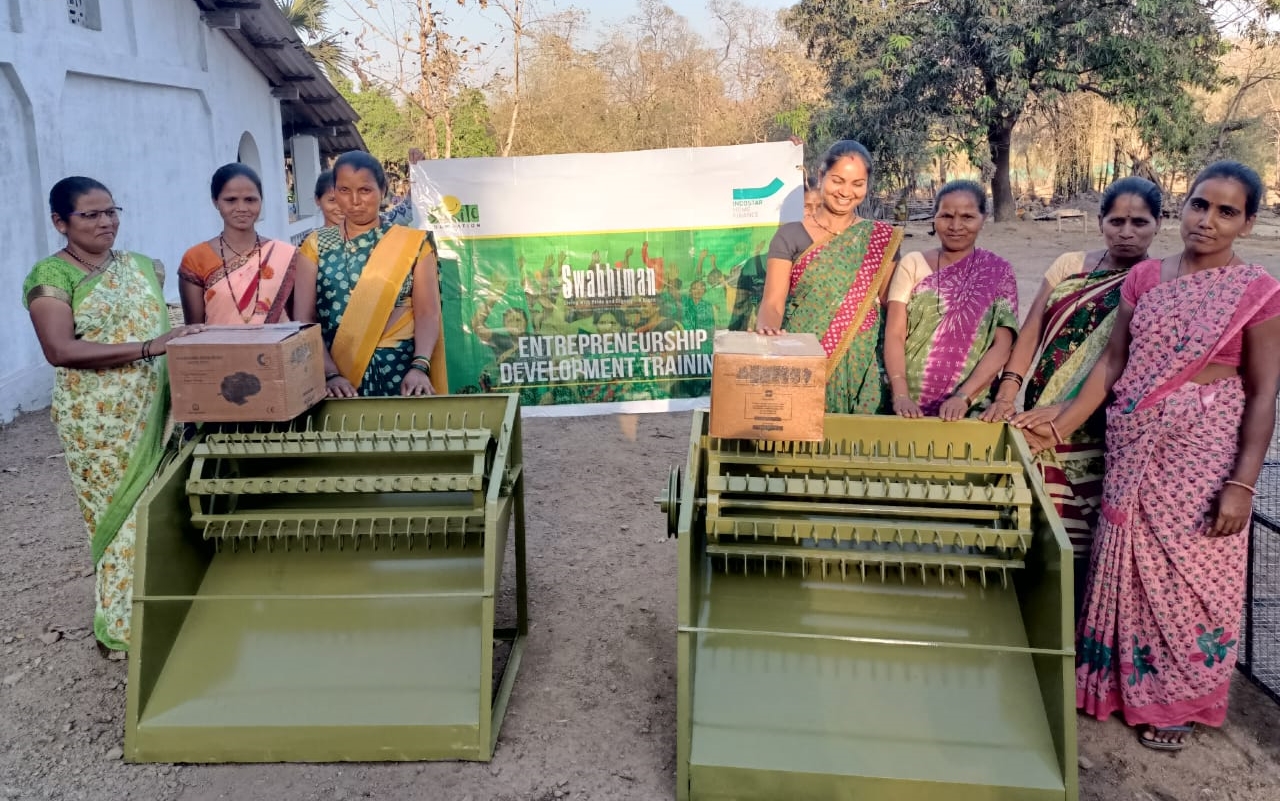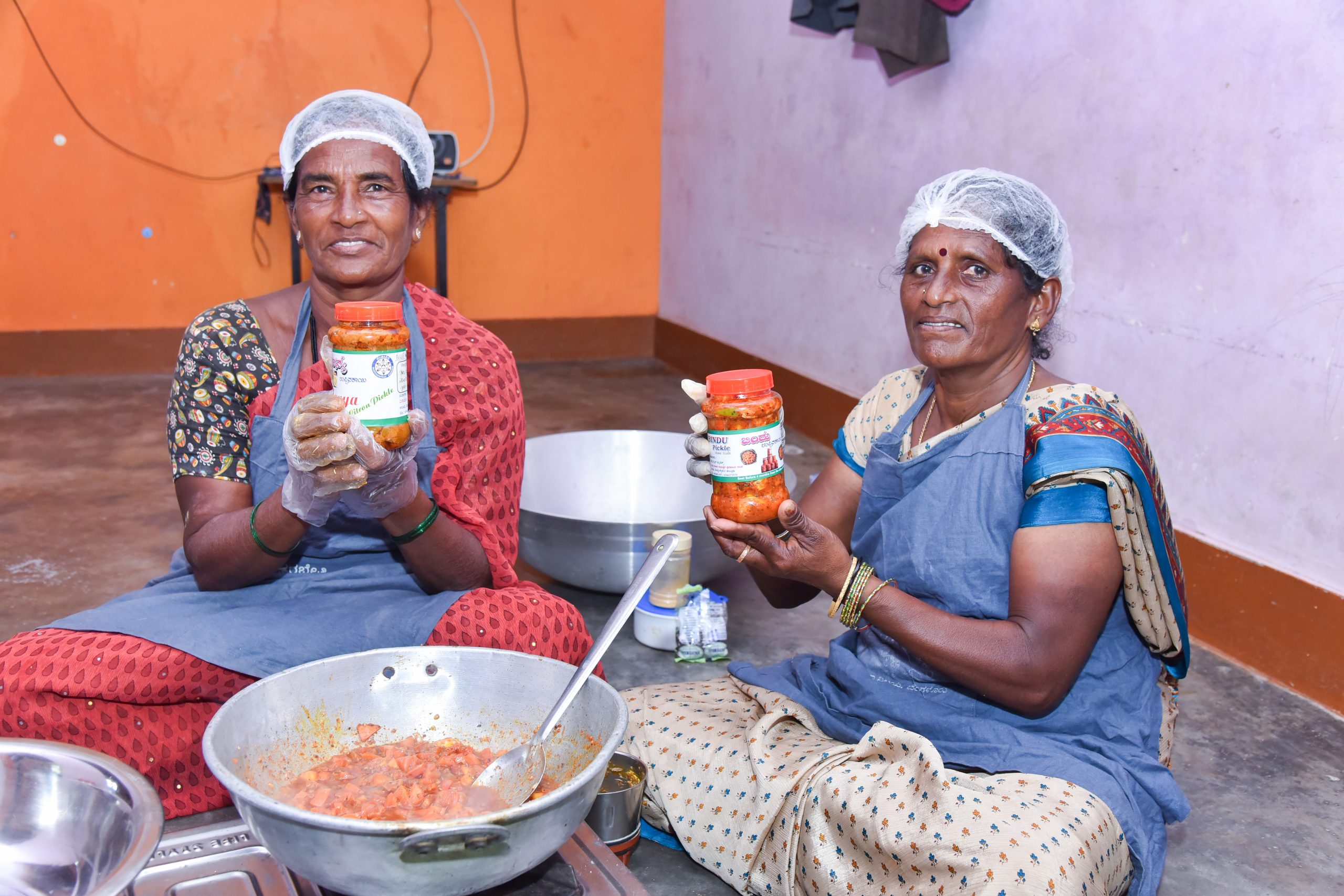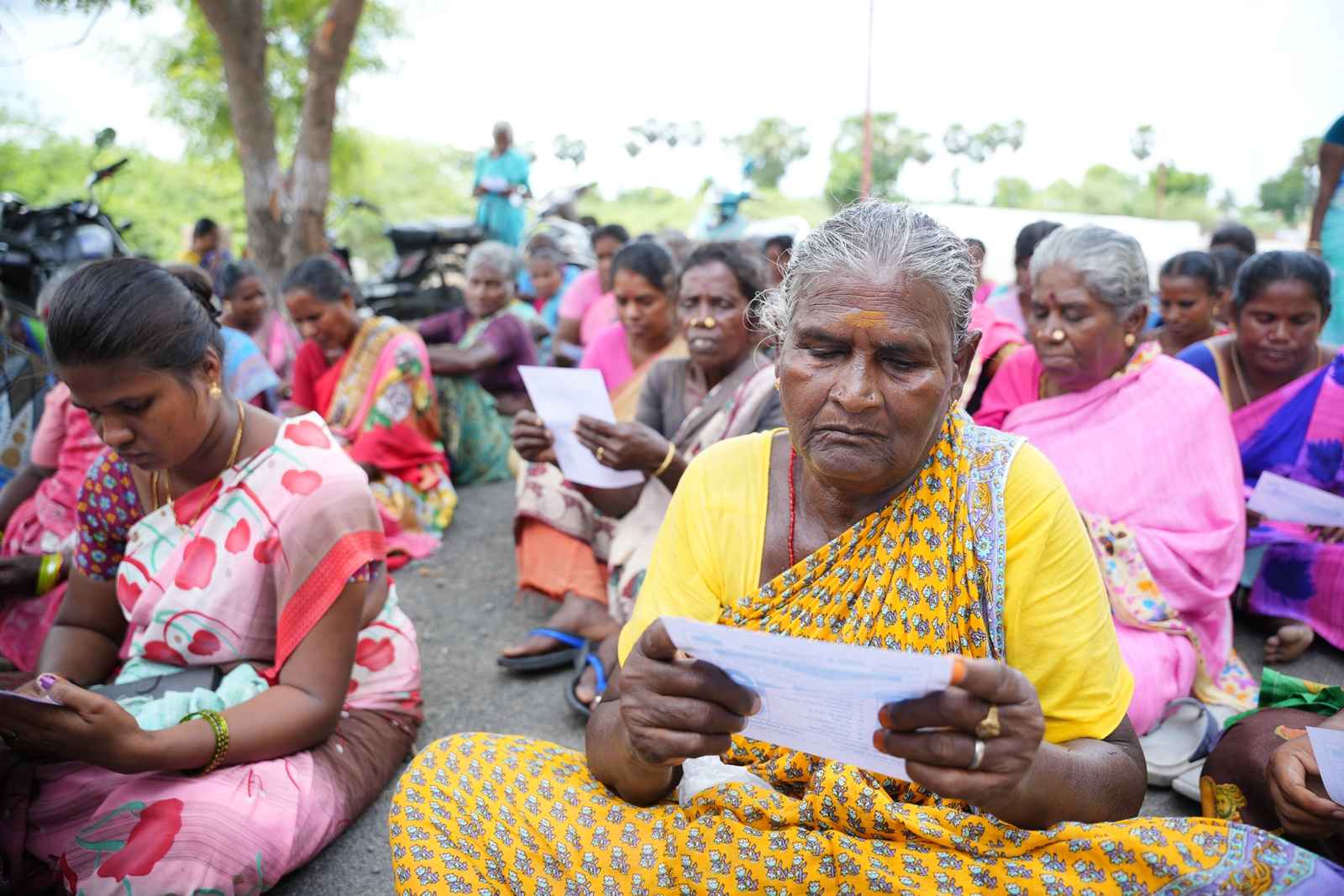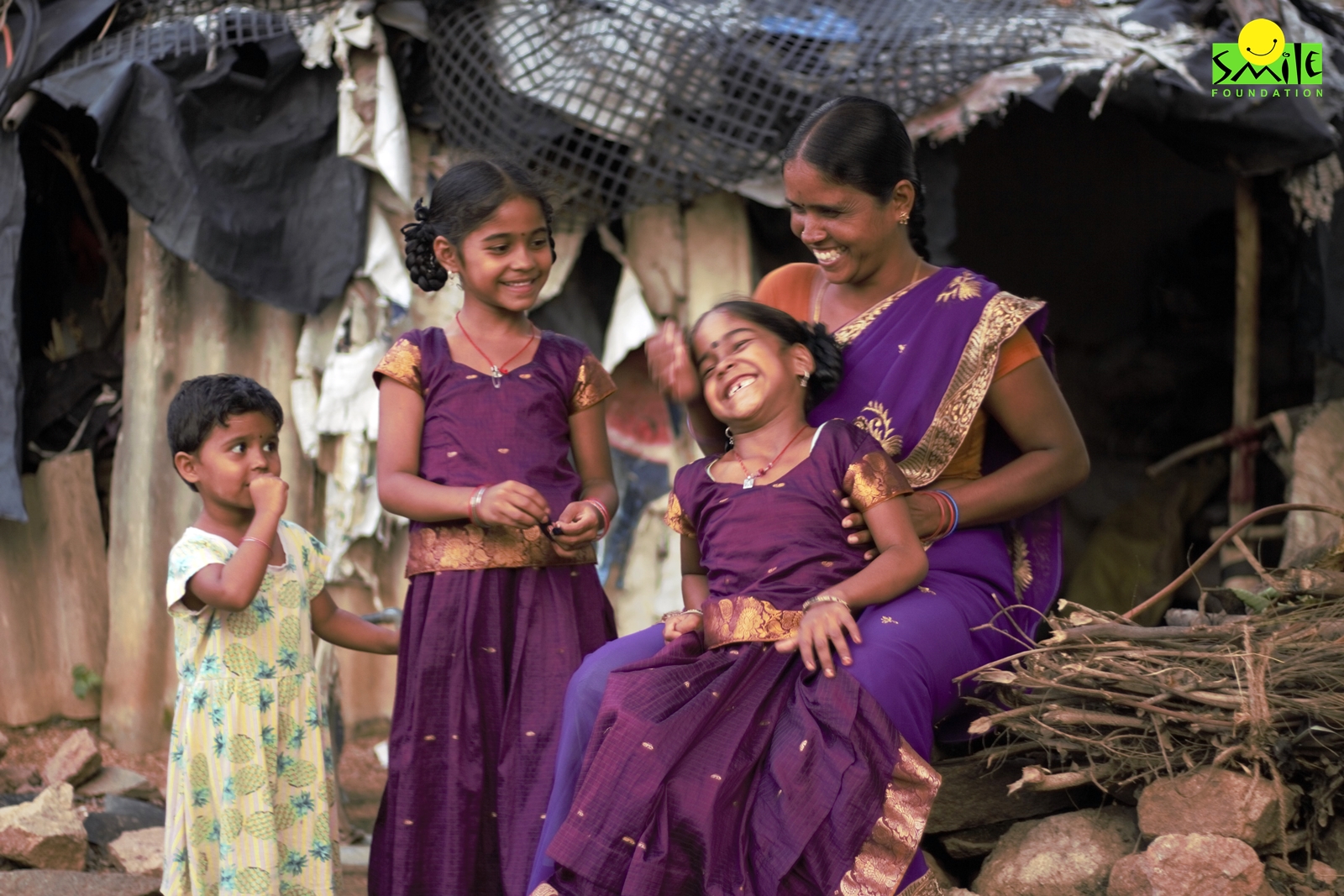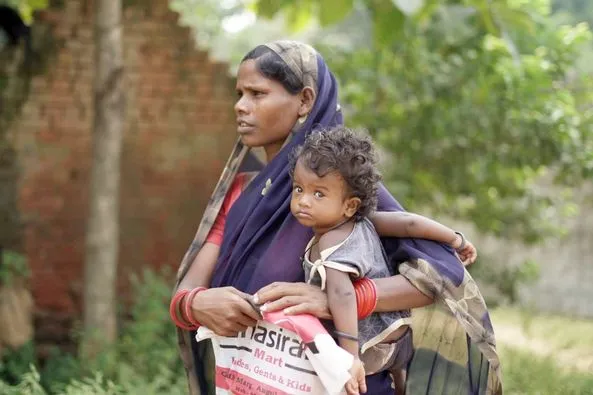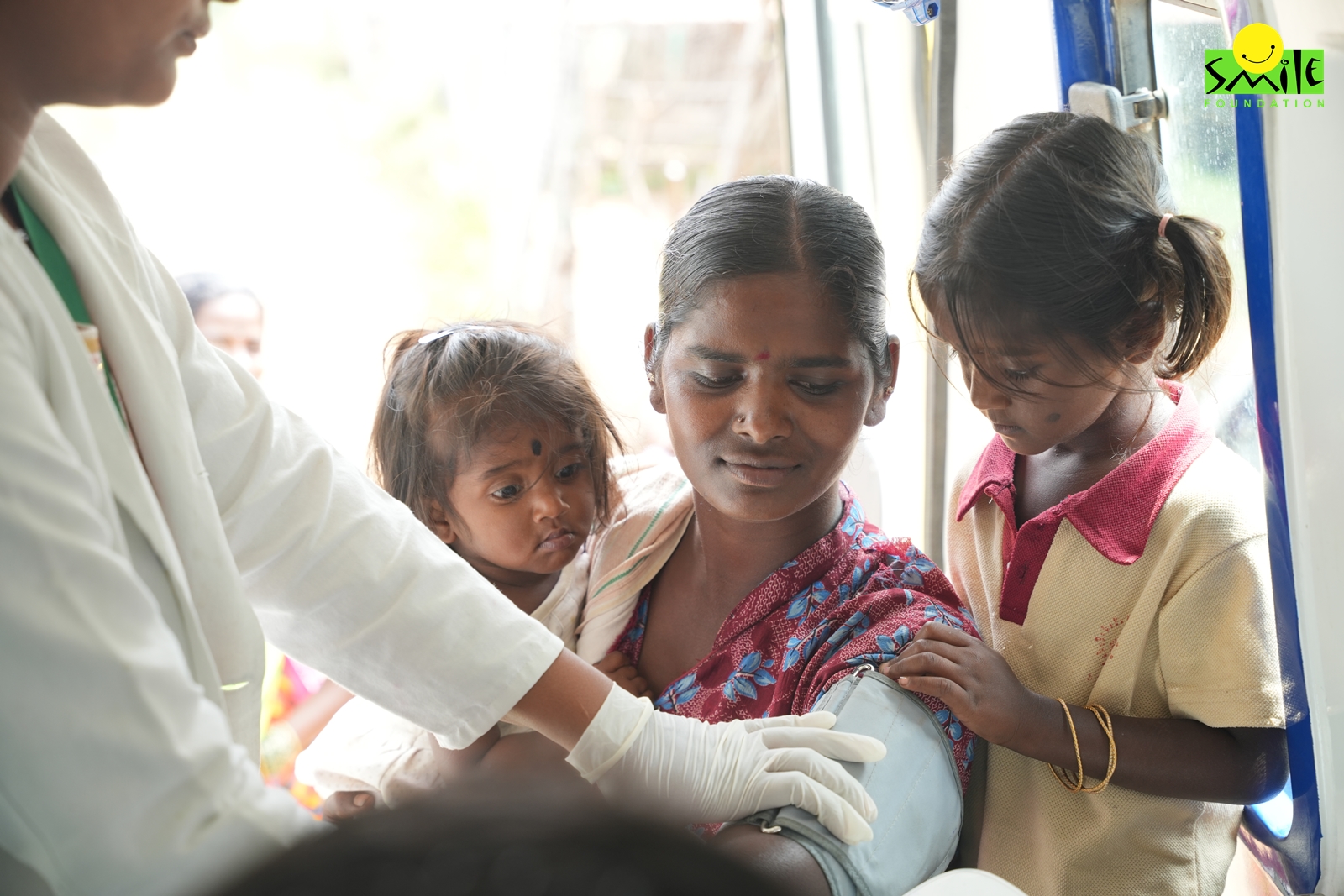Specialist NGOs and generalists mainly vary in their areas of concentration, range of activities and methods of operation.
What Are Specialist and Generalist NGOs?
Specialist NGOs aim to increase awareness about particular issues or sets of issues. They could inform individuals about specific health issues, highlight human rights concerns, motivate people to understand specific environmental issues or develop educational materials on various subjects. For example, Helpage India works for and improves the quality of life of vulnerable older people.
Generalist NGOs tackle a wide variety of issues and frequently handle several issues at once. They might offer initiatives that address health, education, disaster assistance, poverty reduction, and additional areas. The Red Cross promotes various humanitarian efforts during disasters and emergencies and promotes various humanitarian efforts at all times.
Scope and Geographic Reach of Specialist and Generalist NGOs
Specialist NGOs focus on a specific geographic area to enhance their effectiveness regarding the selected issue. Although certain entities may function on a global scale, their operations are confined to specific issues or target groups. These NGOs concentrate on a single issue and usually dedicate all their resources and knowledge to a particular cause or challenge, resulting in greater specialisation and possibly a more focused effect in that domain. For example, CRY works on the rights of India’s children: child education, health & nutrition, child labour and child marriage. They operate in multiple states across India but their core area is specialised or targeted on children.
Generalist NGOs possess a broader geographic reach and interact with multiple communities or areas, as they are able to address diverse needs according to local demands. They focus on multiple causes or challenges, enabling them to tackle related issues and possibly create a wider influence across different areas. For example, Smile Foundation works in diverse areas across 25 states. Their core areas include education, healthcare, women empowerment, livelihood, empowering grassroots and disaster response.
Programme Implementation
Specialist NGOs develop specific programmes with specialised interventions. They have the necessary expertise in their area of work. In order to implement their particular initiatives, specialist NGOs collaborate with project partners in their designated geographic regions. They engage the partners in grassroots activities and provide training to facilitate changes in behaviour and practices. Additionally, project partners assist them in gaining access to specific geographic regions and their inhabitants, with which they are well-versed.
Specialist NGOs also interact at various levels and impact policy by advocating for specific causes with key government stakeholders. They may suggest policies, contribute to system strengthening and capacity training for government personnel, or share their knowledge in drafting policies relevant to their primary area of work. For instance, WWF strives to achieve sustainability, address the factors that are contributing to the climate crisis and safeguard and rehabilitate wildlife and their habitats.
Generalist NGOs may or may not collaborate with project partners in their geographic regions. They work in different project implementation set-ups. Like Smile Foundation provides education to over 120,000 children in 27 states of India through two models- Social Venture Philanthropy (SVP) and Outreach. NGOs develop programmes that are adaptable and versatile in order to meet the diverse requirements of the community. We possess the ability to provide multifaceted solutions that address a variety of issues within the same region. For instance, while working on education for children, Smiles also addresses the needs of the families and communities. During their work, we realised that education encompasses health as well. If a child is unwell, they will not attend school. If the parents of a child are experiencing health issues, the child may choose to forgo their education and pursue employment opportunities. The child cannot be healthy and empowered unless the mother is. It is all interconnected.
Impact and Funding
With expertise and focus on one area, specialist NGOs may have a targeted and specialised impact in that area. While, generalist NGOs focus on multiple causes or issues, enabling them to tackle related issues and possibly create a wider influence across different areas.
Both categories of NGOs can receive financial support from individuals who are deeply committed to their mission. Donations can be obtained via multiple avenues, such as their websites, direct mail efforts, online platforms, etc. Specialised NGOs often organise events to raise funds. Partnering with businesses is an additional method through which NGOs secure funding. This provides non-governmental organisations with a pathway to obtain significant financial support via corporate social responsibility programmes. Financial support can also be sought from grants offered by governmental agencies, philanthropic foundations and global entities that share the same objectives.
Finally, specialised NGOs develop profound expertise in a certain domain and are likely to possess a solid reputation within their area of focus. Generalist NGOs possess the knowledge and flexibility to address diverse needs. They may be more equipped to deal with complex, multidimensional issues.
Check out Smile Foundation with more than 400 projects on education, healthcare, livelihood, and women empowerment in over 2,000 remote villages and urban slums across 25 states of India.



